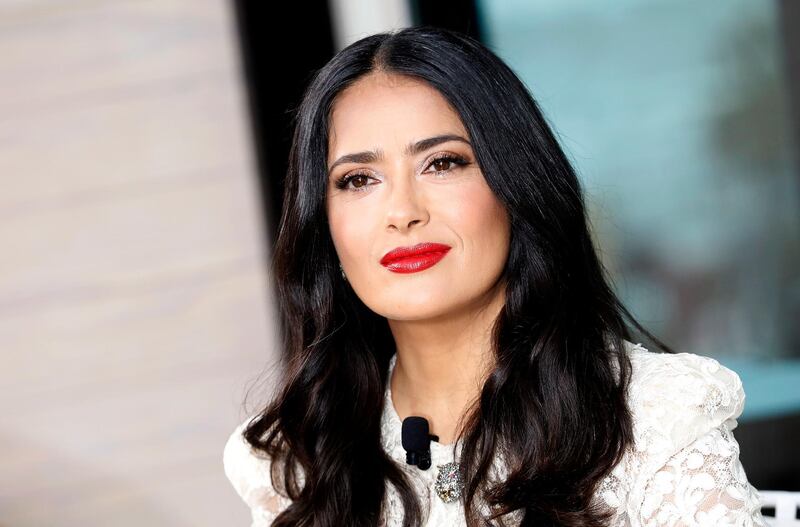A few days ago, my daughter, who is seven years old, had a playdate with another friend of hers.
At one point during their playdate, they decided to play the “grown up” game. My little one excitedly hurried into her room and changed into a dress, a cropped white jacket and dressy shoes.
She came back and announced to her friend that she had an important work meeting to attend to. As I watched her, I realised that she was, to a large extent, copying me.
A part of me was glad that the necessity of engaging in meaningful work was the first thing that came to her mind as she projected a grown-up version of her future self.
Yet another part of me was extremely aware of the challenges yet to come, most notably the barrage of mass media messages conditioning our young girls to fit into certain moulds.
The effects of mass media on young people’s sense of self is not a new topic, neither is the still-prevailing tendency of mass media in continuing to marginalise women’s voices and reproduce discriminatory stereotypes about women.
Still, it is a topic that needs serious contemplation and serious commitment to change. Globally, and despite growing discourse and media campaigns on changing the narrative when it comes to women images and perceived roles, the situation is still dire.
______________
Read more from Rana Askoul:
[ We need to bring the work of Arab female scholars to the fore ]
[ The road to workplace gender equality is long ]
[ Where are all the Arab women leaders? ]
______________
A 2016 digital media study that examined 2.35 million news articles from more than 950 news outlets over a period of six months concluded that the media is still very much male-dominated.
The study revealed an overall probability of 77 per cent that an entity mentioned in the text was male and that nearly 70 per cent of the time, the image used was male.
Furthermore, when women did feature in articles, they were more likely to be represented visually.
With the lack of similar extensive studies in the region, it is hard to build a precise picture of what our young men and women in the region are exposed to.
The Arab Women Development Report a few years ago reported that nearly 79 per cent of Arab women images in Arab media were negative.
These negative images included portrayal of women as sexual commodities or as being immoral, illiterate, inexperienced, materialistic, weak or dependent.
The problem with the infiltration of such stereotypes does not end with what is produced and circulated.
It extends to include both the under-representation of women as news producers and decision-makers in media outlets and the lack of gender sensitive training and policies to raise awareness on the wide implications of what prevails.
The global report on the status of women in the news media confirms that 73 per cent of top management jobs in news media outlets globally are still occupied by men, with two-thirds of reporting jobs also belonging to men.
I still hold hope however for my daughter to grow up in a more egalitarian society and one that does not place her in a pre-determined category because of her gender.
This hope comes from the shifting media landscape and the unprecedented avenues of expression opening up to women from our region.
In this new media age where anyone and everyone can become media producers, it becomes crucial for individuals and institutions to work on lifting our society from the shackles of inequality and the grip of destructive stereotypes.
Can you imagine a future where our sons and daughters are able to cultivate their unique sense of self and work together to better their immediate communities and our bigger world?
Rana Askoul is a Middle East based writer and gender equality expert





